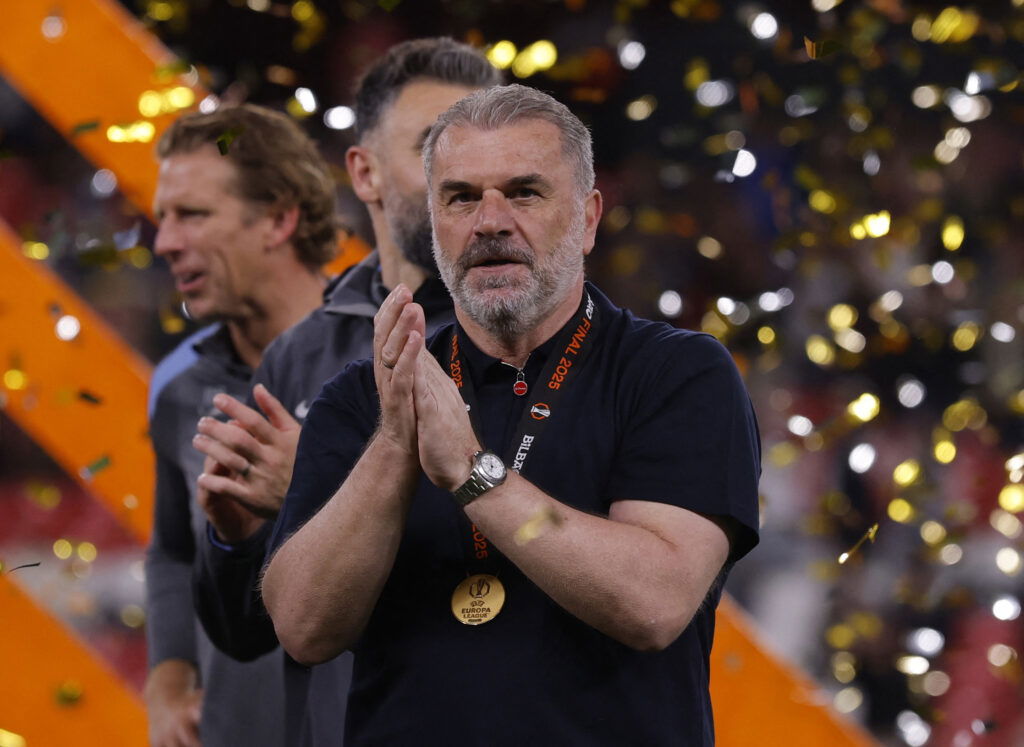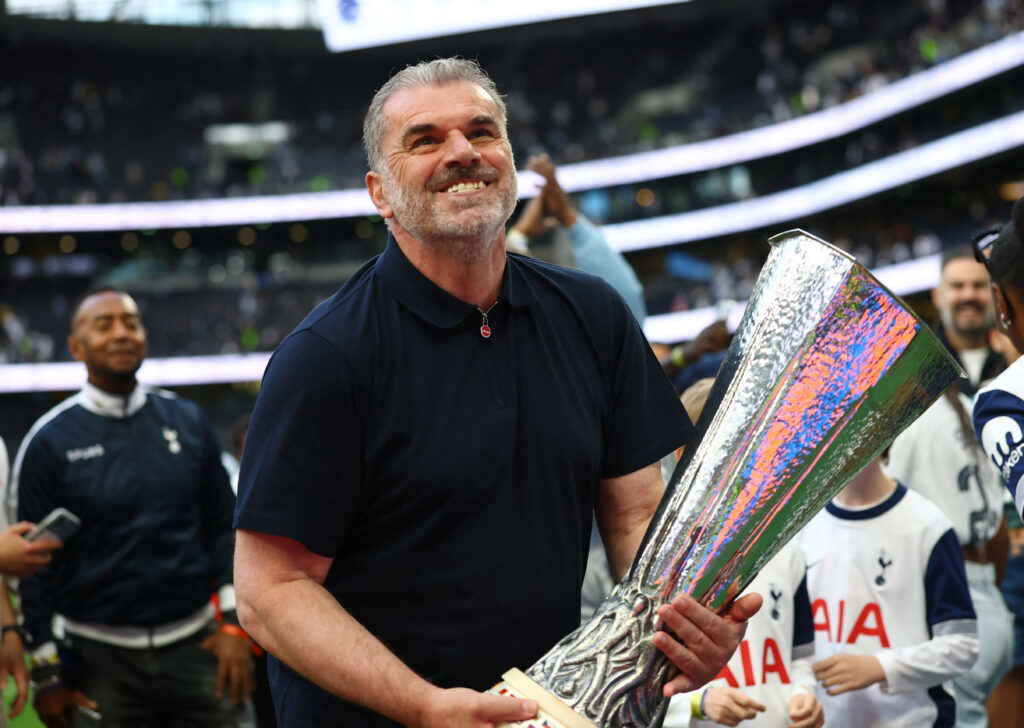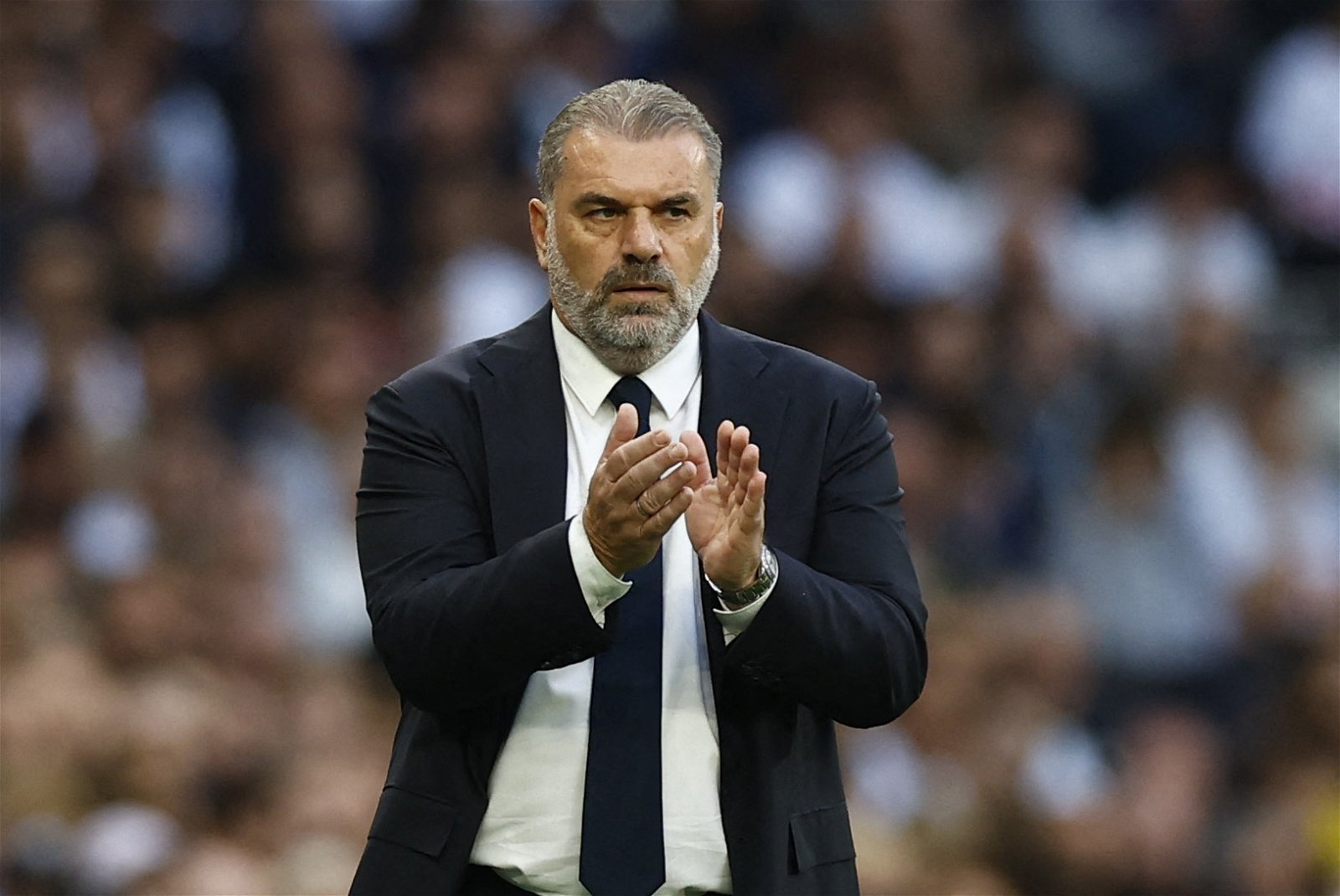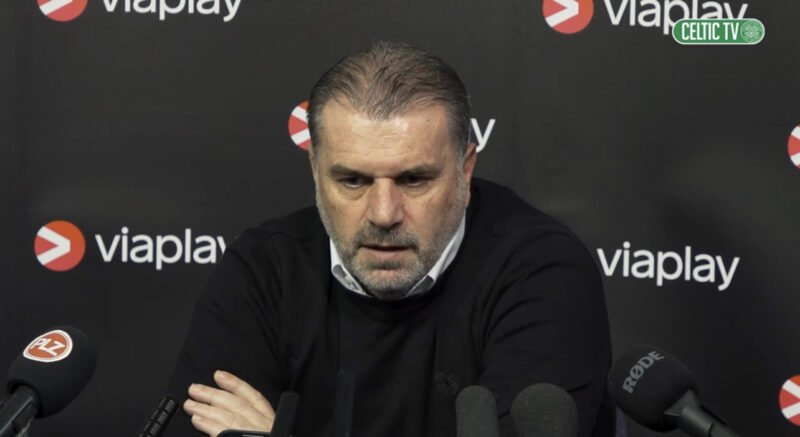Celtic Hero Defends Ange Postecoglou After Spurs ‘Disaster’ Claims
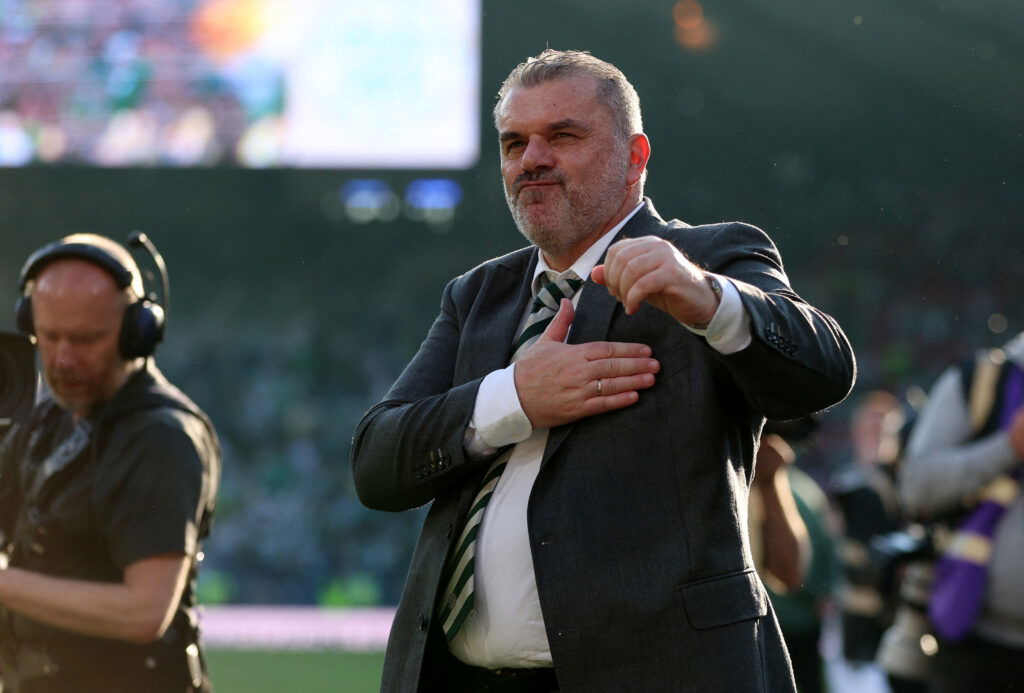
Former Celtic striker Chris Sutton has given his backing to Ange Postecoglou after the ex-Hoops boss was confirmed as Nottingham Forest’s new manager. Postecoglou returns to the Premier League following his spell at Tottenham, where he ended the club’s long wait for silverware.
Sutton, who worked closely with Postecoglou during his time in Scotland as a pundit, believes Forest supporters should be excited about the Australian’s arrival, even if his final months in North London were difficult.
The former Parkhead hero pointed to Postecoglou’s record at Spurs, where he secured a fifth-place finish and delivered a European trophy, highlighting that achievements like those should not be underestimated.
Sutton also suggested that while Forest fans may see a shift in playing style compared to Nuno Espírito Santo’s approach, Postecoglou’s principles and intensity could take the club to another level if given time.
He said: (BBC 5 Live Sport), “Last season at Tottenham, you can’t get away from the fact that it was disastrous Premier League-wise.
“People are quick to forget that when he first went in at Tottenham, he really improved them and got a fifth place finish in the Premier League.
“Then he won a trophy. Tottenham do not win trophies. So he’s given Tottenham fans a night they will stick in their memories absolutely forever, so it was job done at Spurs.
“In terms of the way he’ll go about it at Nottingham Forest, he’s taken over a successful Nottingham Forest team.
“The job that Nuno did last last season, seventh place in the Premier League, it’s about building on that and possibly winning a trophy.
“In regard to the way that they play, he did tweak things last season at Tottenham and it certainly wasn’t Angeball. It was quite turgid to watch some of the football towards the end of the season.
“But he does have his principles and I think if you’re a Nottingham Forest fan you might be slightly nervous because of the way that Nuno played and the way that Nottingham Forest fans bought into that. The sort of low/medium block and more counter-attack football.
“I think it will be different under Ange in that they’ll play with greater intensity and press higher.
“I think everybody’s focusing too much in this high line thing.”
Sutton’s comments will strike a chord with Celtic fans, who saw first-hand how Postecoglou’s style transformed the club domestically and in Europe. His aggressive approach delivered five trophies in two years, including back-to-back league titles, before his move to Spurs.
The step into Forest presents a different challenge, but Sutton’s message is clear: Postecoglou has already proven he can adapt and win in difficult environments.
For Celtic supporters, there remains a strong pride in seeing their former manager held in such regard across football. His time in Glasgow not only rebuilt the club on the pitch but also enhanced his reputation globally.
